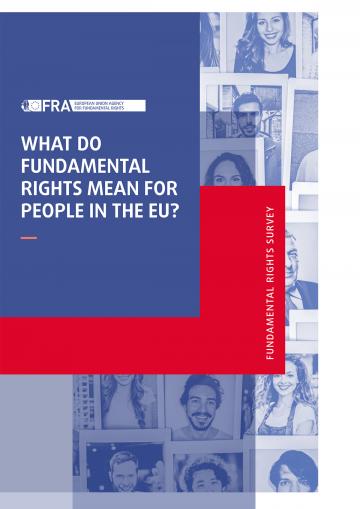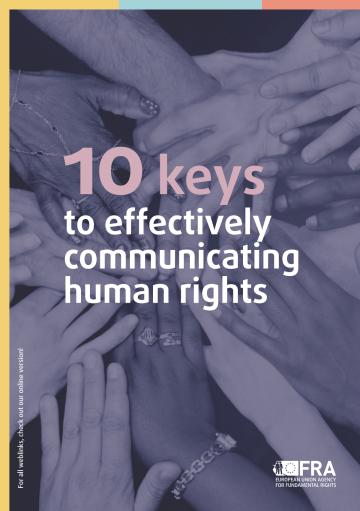“I think we have to look up too much ourselves about our rights. We do not get informed enough.”
(Woman, 65+ years old, survey respondent, Belgium)
“As a mother of a disabled child, it is appalling to experience how little help and guidance you get in relation to rights, opportunities etc.”
(Woman, between 30 and 44 years old, survey respondent, Denmark)
“I would like public authorities to guarantee and defend my rights and the rights of other people and that the laws should work equally for all.”
(Woman, between 45 and 54 years old, survey respondent, Lithuania)
“An application I made to a national authority was rejected without explanation. I made a complaint and wait the response for 6 months... is a matter of health...”
(Man, 65+ years old, survey respondent, Cyprus)
“I find it very difficult to obtain information regarding, for example, pension conditions, etc., since the French state and the Danish state do not necessarily work together. It can be seen as a major obstacle to the free movement of EU countries.”
(Man, between 54 and 64 years old, survey respondent, Denmark)
“The public administration works too slowly, it sometimes takes weeks to receive a response to requests, and when it does, the information is so cluttered that it cannot be understood.”
(Man, 65+ years old, survey respondent, Germany)
“Public hospital doctors always expect a gift in order to take better care of you.”
(Man, between 16 and 29 years old, survey respondent, Cyprus)
“For example when you have to pay heavy money to the gynaecologist so that you will be treated as a human being in the hospital — and that’s absolutely general, there’s nothing unusual about it.”
(Woman, between 30 and 44 years old, focus-group participant, Hungary)














